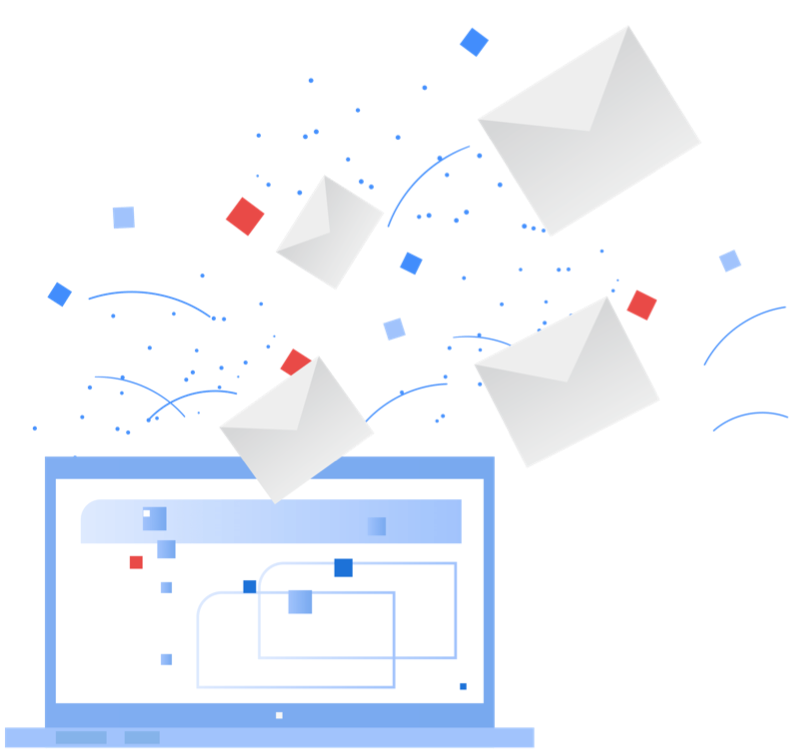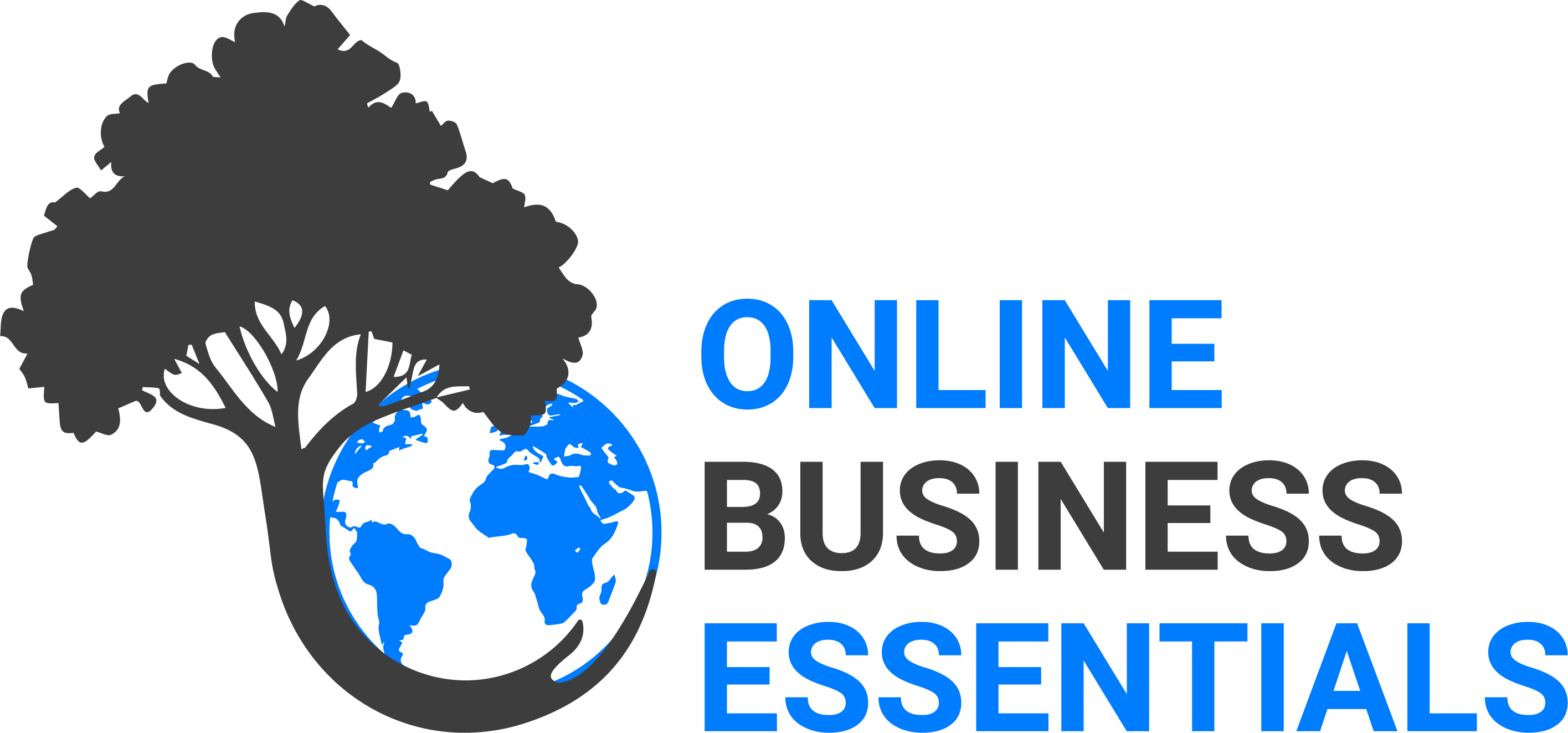The Power of Personalization - Leveraging Email Marketing to Build Customer Loyalty and Retention
In the highly competitive world of marketing, companies are always looking for ways to create a more personalized connection with their customers. One of the best methods for doing this is through email marketing. By sending tailored content to each individual subscriber, businesses can nurture their relationships and drive conversions. Personalization is also a great way to build brand loyalty and customer retention, which ultimately leads to long-term business success.
In a saturated digital environment, generic content has become the equivalent of white noise. Consumers are flooded with messaging from every channel, from social media ads to website pop-ups and email campaigns. To avoid falling into the noise trap, brands need to provide more relevant, customized experiences to their subscribers to create a sense of relevance and increase engagement, loyalty and sales.
To do this, companies must use the vast amounts of data available to them to understand their consumers’ interests, preferences and buying habits. This data can be gathered through a variety of sources, including online and in-store purchases, web browsing behavior and real-time customer data such as call-center conversations. Technology, such as artificial intelligence (AI) and machine learning, can help process this data and create more meaningful and relevant content.
Using this data, marketers can create more targeted content for each subscriber that is more likely to convert and resonate with their unique interests and needs. This can be done through a variety of email marketing techniques, such as:
A popular technique is behavioral segmentation. By analyzing each subscriber’s previous purchase history and behavior, marketers can create specific email segments based on these criteria. For example, if a subscriber regularly buys running shoes from your company, you can send them targeted emails featuring new running shoe releases, training tips or upcoming races.
In addition, marketers can also use automation to dynamically change the content of each email based on certain triggers or behaviors. For example, if a subscriber clicks on specific product links in your email or abandons their cart, you can automatically send them a follow-up email that provides relevant and compelling content to encourage them to complete their purchase.
Another key aspect of email personalization is the use of personable, conversational language in subject lines and body copy. By writing an email as though you are speaking directly to a friend, you can build a more intimate relationship and make your subscriber feel like you truly understand their needs and wants.
To maximize the impact of your personalization efforts, you need to create engaging, actionable and relevant campaigns that will set you apart from competitors. By leveraging data and technology, you can create customized experiences that will enhance the subscriber experience, increase conversions and build long-term business success.
Companies that are driving the most success with personalization view it as an opportunity to build deeper relationships and establish a more loyal base of customers, which ultimately leads to more upward migration and long-term growth. To do this, they prioritize their customer outcomes and focus on delivering a superior customer experience, which includes a strong focus on customer acquisition and retention.

Free Training
Learn How I Grow My Email List
Get Access To A Free 6-Part Video Training
My Recent Posts
All-in-One Sales Automation Platform
Check out my recent post on all-in-one sales and marketing tools and what I think of it.
Sales Funnels
Check out my recent post on sales funnels and what I think about them. Are they still worth it?

With over three decades of experience in carpentry, Gregg has now embraced the digital world, finding joy in the challenges and continuous learning that technology and business building as to offer.
Gregg White
©Copyright 2024 online business essentials
Admin, 30D,121 Kerry Road, Suite #1021 Archerfield,
Brisbane/QLD/Australia, 4108
